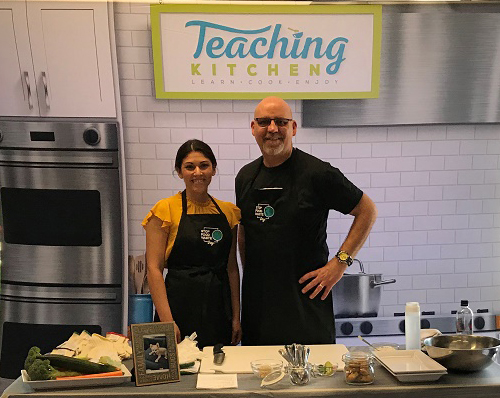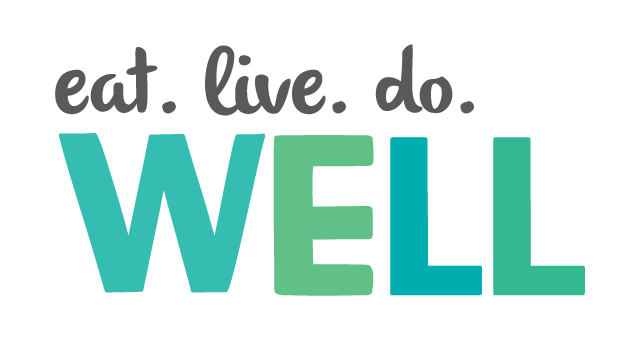
Have a food or nutrition question? Our experts are here to help. Browse below for previously asked and answered questions or fill out the form below to submit your own question.
Check out our Ask Our RDs blog posts too!
Q: Where can I get protein if I don’t eat meat?
A: Meat is definitely not the only source of protein. Many foods contain protein and over the course of the day, all sources add up to help you meet your recommended amount of protein. Some plant foods that are good sources of protein include beans, soy, nuts, seeds and whole grains. Read more here.
Q: How can I incorporate more Vitamin D into my daily meals?
A: The best sources of Vitamin D include fatty fish such as salmon, trout or sardines and foods fortified with Vitamin D such as milk and cereals. Mushrooms that have been exposed to UV light also provide Vitamin D. Smaller amounts can be found in eggs and cheese. Read more here.
Q: What is an RD or RDN?
A: Registered dietitian nutritionists (also known as RDs or RDNs) — are the food and nutrition experts who can translate the science of nutrition into practical solutions for healthy living. RDNs use their nutrition expertise to help individuals make unique, positive lifestyle changes. We have over 1,600 RDs on our team! To learn more visit eatright.org.
Q: What does blanching mean?
The word blanch refers to a cooking technique in which food is briefly immersed in steam or boiling water, usually followed by shocking, which is rapidly cooling the food in an ice bath or with cold air. – Chef Mike Panfil, Senior Corporate Chef
Q: Can dried herbs be substituted for fresh?
Yes, but you need to use much less as they are very concentrated and add them at the beginning of the cooking process so they have time to release their flavor. – Chef Mike Panfil, Senior Corporate Chef
Q: Is it okay to drink coffee?
A: Adults should feel free to enjoy that morning (and afternoon) cup of coffee. Unless you have a specific medical reason to limit coffee or caffeine in general, it seems the potential benefits currently outweigh the risks. To get the most from your coffee, limit the add-ins like sugars and syrups that can make the extra calories add up quickly. If you’re not a coffee drinker, you probably don’t need to start for health reasons, but if you do, take it slowly. Caffeine can make you feel a little jittery if you aren’t used to it.
Q: Are energy drinks safe?
A: The key to staying energized is to eat well, stay active and get enough sleep. Moderate intake of energy drinks in healthy adults is likely safe, but probably not the best way to achieve long term energy.
Q: How do I choose a good health app?
A: Look for trusted developers and providers. You want an app that will offer you accurate, helpful content and not compromise your personal information or the security of your mobile device. Ask your healthcare provider. They may have suggestions for apps they have tried. Read the reviews. If an app has consistently negative feedback, it probably isn’t a good choice. For a list of apps reviewed by Registered Dietitians visit https://foodandnutrition.org/tag/apps/.


